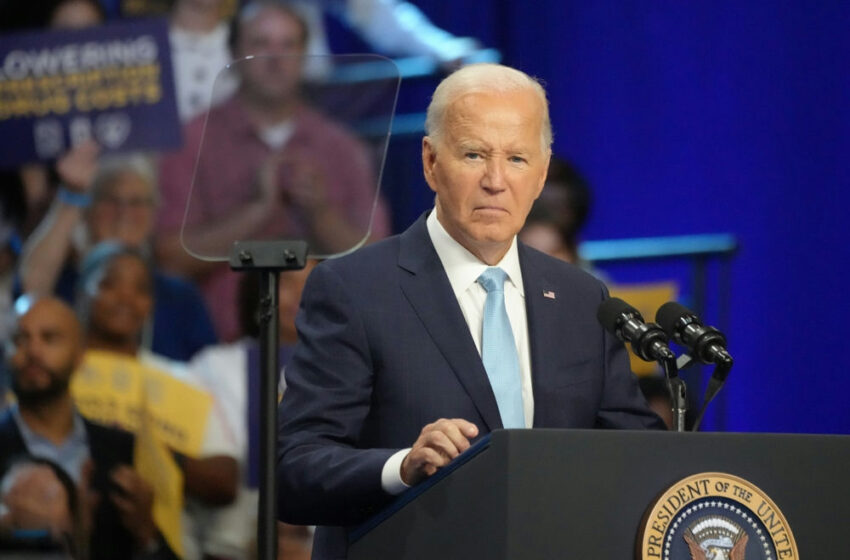Did President Biden really approve all those pardons, or was it just an autopen doing the work while he was checked out?
The Autopen Controversy
The use of an autopen to sign presidential pardons during the final days of Joe Biden’s administration has ignited a firestorm of controversy. Republican lawmakers, led by former President Donald Trump, have questioned the legality and legitimacy of these pardons, suggesting that Biden may not have been mentally or physically fit to approve them. Critics argue that Biden’s staff might have acted without his direct involvement, casting doubt on the authenticity of the clemency process.
The New York Times, which had long sought an interview with Biden, finally got him on the line for a ten-minute phone conversation. During the interview, Biden vehemently defended his use of the autopen, labeling Republican critics as “liars.” However, the Times article revealed, in a buried paragraph, that Biden did not individually approve each name for the pardons. Instead, he approved general criteria, with his chief of staff giving final approval for the autopen’s use in some high-profile cases.
Media Framing Under Scrutiny
The New York Times has come under fire for its handling of the story, with media critics accusing the outlet of burying critical information deep within the article. The headline emphasized Biden’s claim that he made all clemency decisions, but the story’s deeper revelations contradicted this assertion. Critics argue that the NYT’s failure to include legal experts and Republican perspectives amounts to a breach of journalistic standards.
The front page of the NYT is like six negative headlines in a row about Biden. pic.twitter.com/VmXEjums0s
— Hunter
(@StatisticUrban) July 3, 2024
Political commentator Mark Halperin and others have lambasted the Times for its apparent bias, while independent journalist Drew Holden accused the media of parroting Biden’s narrative without sufficient scrutiny. The controversy has become a case study in media framing and the responsibilities of agenda-setting outlets.
Implications for Presidential Authority
The use of the autopen for presidential pardons raises significant constitutional questions about the delegation of presidential powers. While the device has been used for routine documents, its application to pardons is unprecedented in scale and significance. Legal experts argue that the pardon power is non-delegable and that Biden’s actions may have set a dangerous precedent for future administrations.
Joe Biden’s January 19th “pardons” were all identical. NYT just confirmed that his staff authorized the use of autopen for them.
Fauci, Milley, J6 Committee, etc. pic.twitter.com/s9UNYa23hr
— Alistair Pallesen (@yzimng2) July 14, 2025
In the short term, the controversy has intensified partisan debate over presidential authority and transparency. It may lead to congressional inquiries or legal challenges as Republicans continue to question the legitimacy of the pardons. Long-term implications include potential erosion of public confidence in both the presidency and major media outlets if they are perceived as lacking transparency or accountability.
Sources:
https://www.youtube.com/watch?v=JwcqGB0gR9E
Click this link for the original source of this article.
Author: Editorial Team
This content is courtesy of, and owned and copyrighted by, https://www.rightwinginsider.com and its author. This content is made available by use of the public RSS feed offered by the host site and is used for educational purposes only. If you are the author or represent the host site and would like this content removed now and in the future, please contact USSANews.com using the email address in the Contact page found in the website menu.










